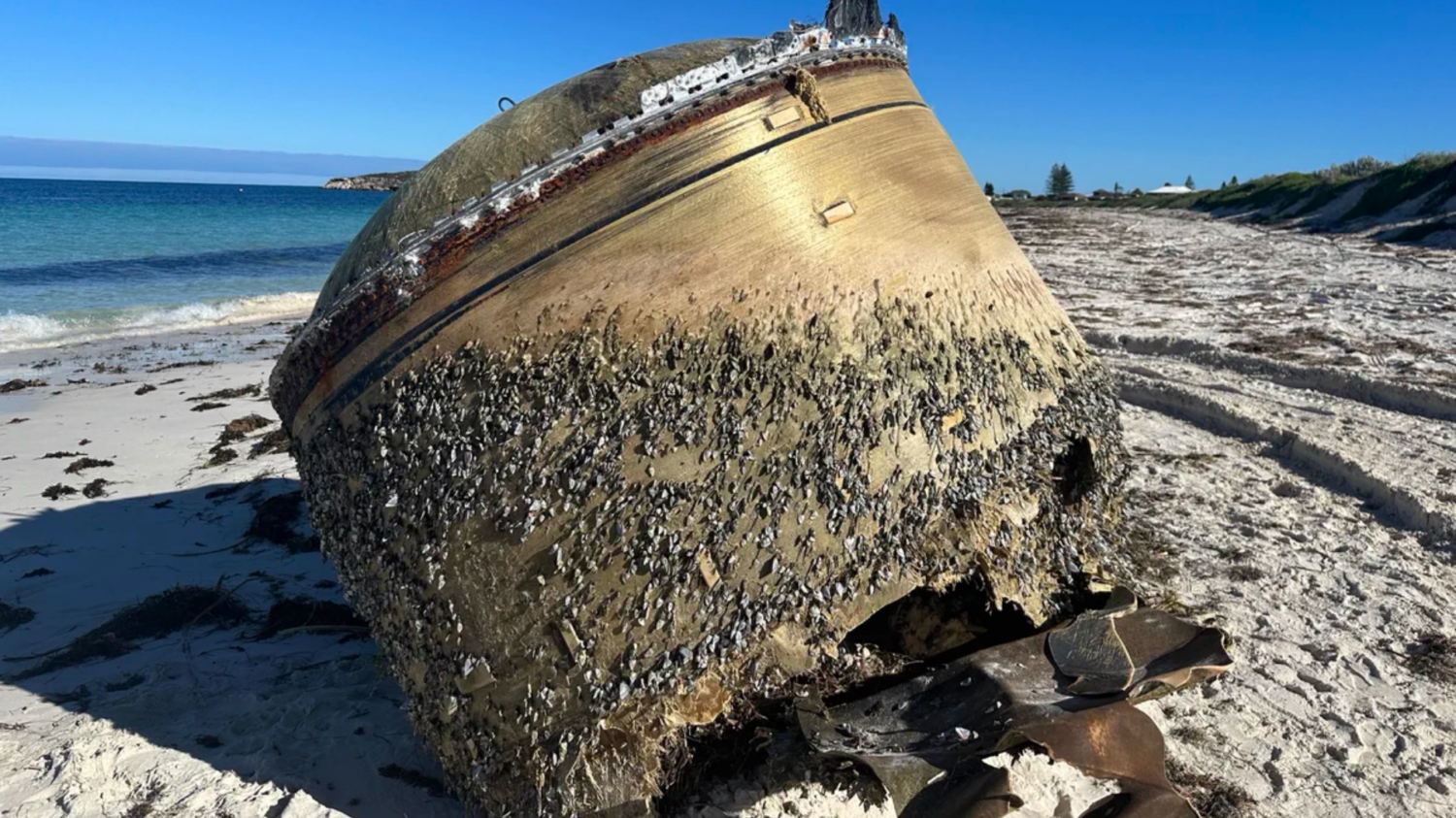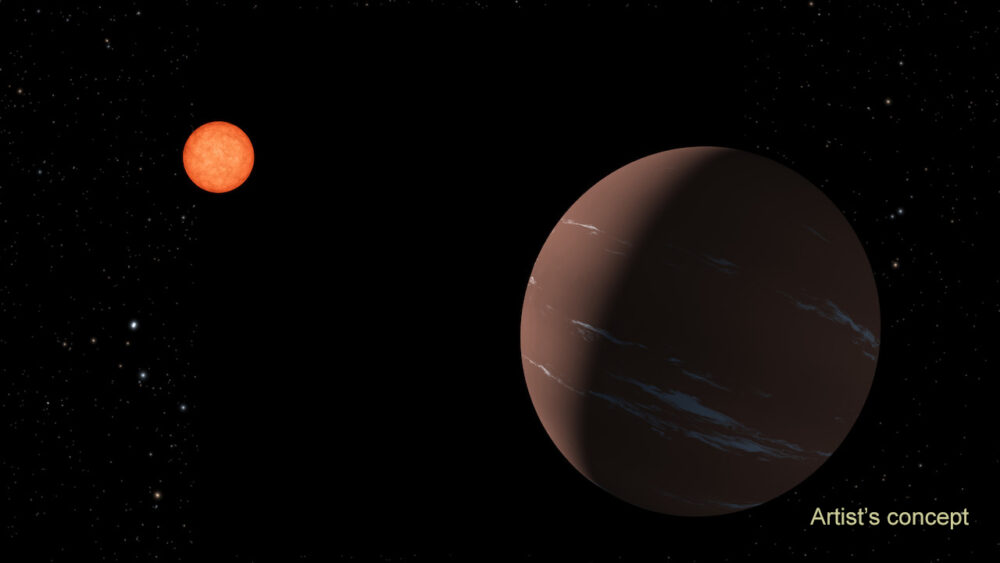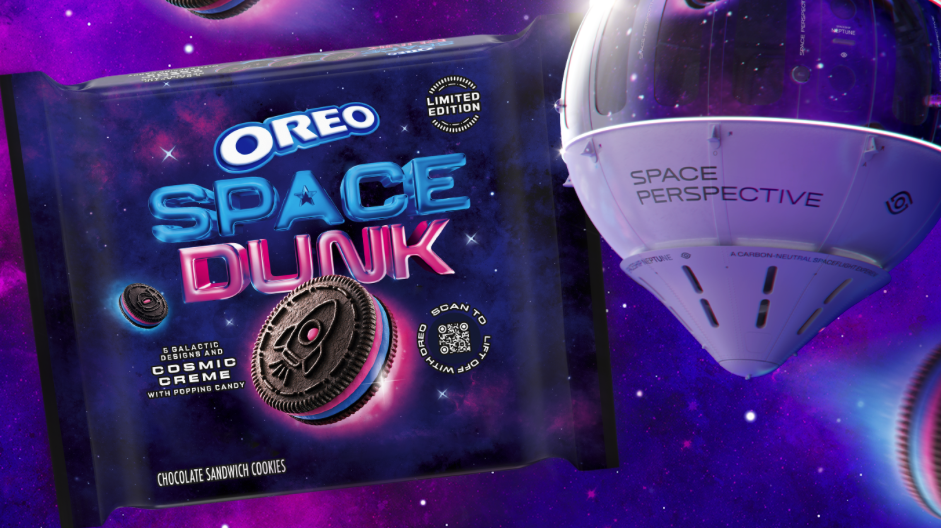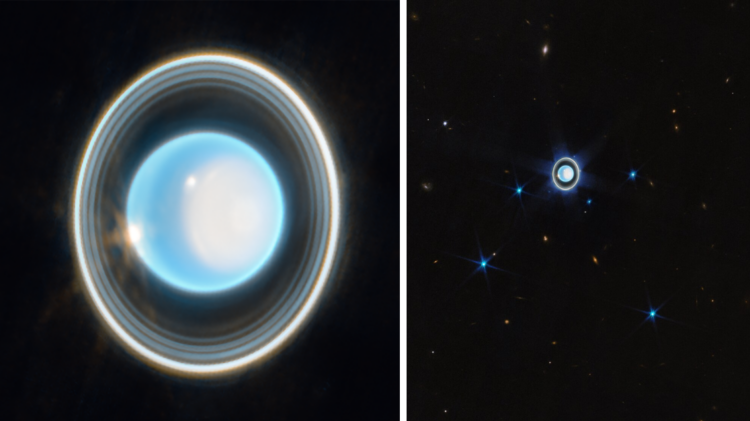How this mysterious object ended up on the beach
When a mysterious object showed up on a beach in Western Australia earlier this month, authorities and the public were left scratching their heads about what it was and where it came from.
For more than two weeks, people speculated about what this metallic cylinder could be and where it came from. Many questioned (with varying levels of sincerity) if it was from outer space and could be proof of alien life.
Others wondered if the debris could be from the Malaysian Airlines plane that vanished in 2014.
However, the Australian Space Agency quickly debunked some of the more out there theories, and determined the object was from another country’s space program.
MORE: Scientists discover a two-faced dwarf star
We have concluded the object located on a beach near Jurien Bay in Western Australia is most likely debris from an expended third-stage of a Polar Satellite Launch Vehicle (PSLV).
The PSLV is a medium-lift launch vehicle operated by @isro.
[More in comments] pic.twitter.com/ivF9Je1Qqy
— Australian Space Agency (@AusSpaceAgency) July 31, 2023
“We have concluded the object located on a beach near Jurian Bay in Western Australia is most likely debris from an expended third-stage of a Polar Satellite Launch Vehicle […] operated by @isro (Indian Space Research Organization),” the agency shared on its official Twitter account.
The New York Times reported India did launch a rocket intended to go to the moon a few days before the object was found on the remote Australian beach.
The Australian Space Agency disclosed it has now placed the discovered item in storage and plans to work with ISRO to determine what’s next.
A 1968 United Nations agreement outlines guidelines for nations that “requires States Parties [to] return any ‘foreign’ space objects discovered in their territory to their owners and that they notify the [U.N.] Secretary-General of any such discovered objects.”
According to space archeologist Alice Gorman, discoveries such as this will likely become more common with more launches from organizations such as SpaceX and other national space programs.
“There are so many more launches than there used to be that it is likely we’re going to see more fuel tanks and other components ending up on Earth,” Gorman told ABC News Australia.
However, she assured the general public not to worry about stuff falling from space. This latest piece of space debris washed up to the shore from the ocean, and public risk is minimal now.
“Nobody has to walk around looking above their heads in fear that a piece of space junk is going to fall on them and decimate them,” Gorman concluded.






